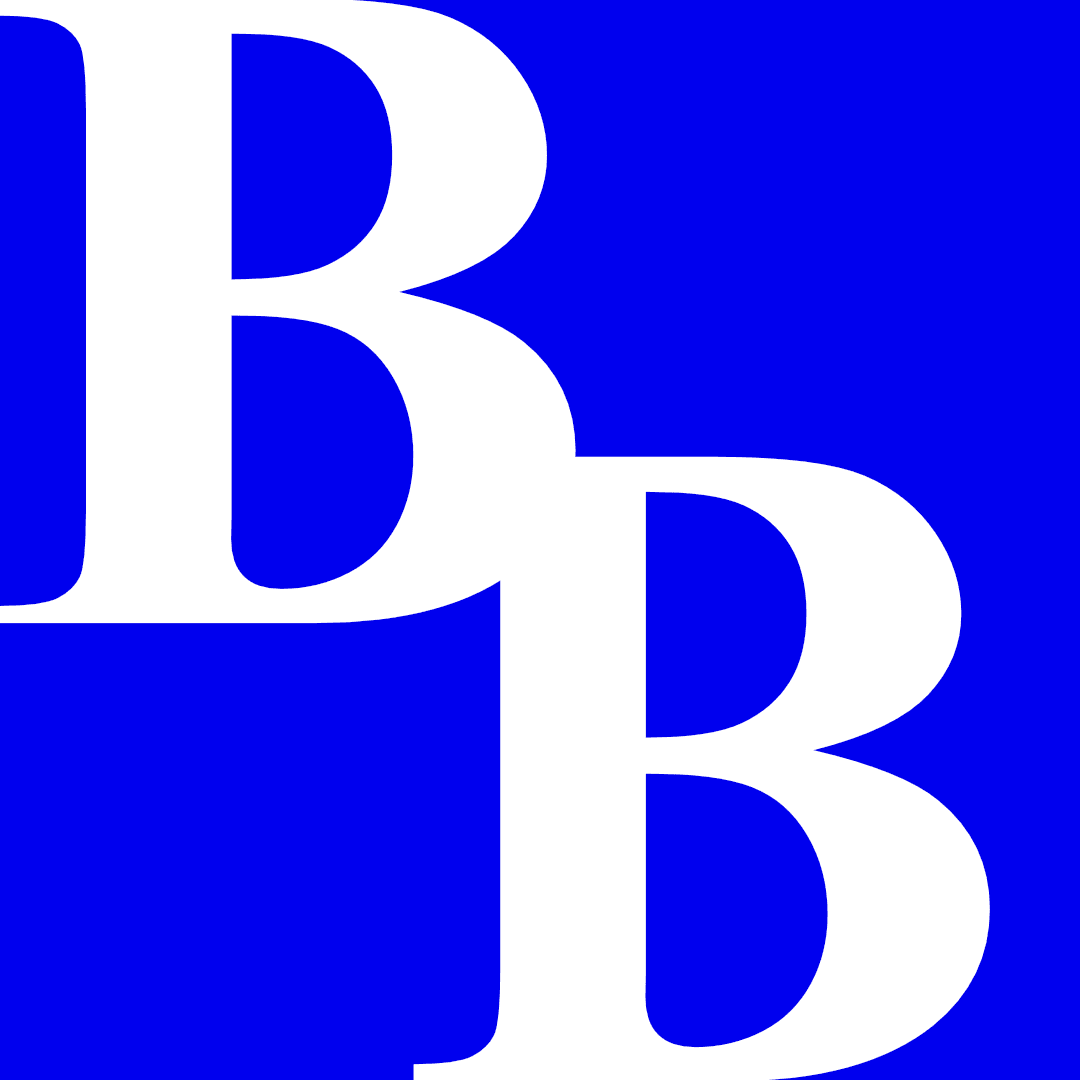Charity Bank business banking review
Charity Bank is a UK-based ethical bank that provides savings accounts and loans exclusively for charities, social enterprises, and not-for-profits. It is a mission-driven financial institution that reinvests profits into organisations creating positive social impact.
Key features of Charity Bank
1. Savings accounts
- Ethical savings: Deposits are used to fund loans for charities and social enterprises.
- Easy access savings: Offers flexibility for withdrawals.
- Fixed-term savings: Higher interest rates for fixed deposit periods.
- FSCS protection up to £85,000: Ensures deposit security.
2. Charity and social enterprise loans
- Loans from £50,000 to £5 million: Tailored to help organisations grow and develop.
- Flexible repayment terms: Designed to accommodate charitable funding structures.
- Loans for property purchase, working capital, and development projects.
- Dedicated relationship managers: Provides expert support tailored to the charity sector.
3. Ethical banking approach
- 100% mission-driven: All lending supports social impact projects.
- Transparent financial practices: No investment in unethical industries.
- Mutual structure: Operates for the benefit of charities and social causes rather than shareholders.
4. Digital and telephone banking
- Online banking for savings customers.
- Dedicated support team: Provides assistance to charities and social enterprises.
- Limited digital infrastructure: No mobile app currently available.
Charity Bank fees and pricing
1. Savings account fees
- No monthly maintenance fees.
- Competitive interest rates based on deposit type and term.
- Early withdrawal penalties may apply on fixed-term savings.
2. Loan fees
- Arrangement fees: Typically 1-2% of the loan amount.
- Interest rates: Varies based on loan size, purpose, and risk assessment.
- Early repayment charges: May apply depending on loan agreement terms.
Pros and cons of Charity Bank
Pros
- 100% ethical banking, with all funds supporting social causes.
- Strong FSCS protection for depositors.
- Tailored lending solutions for charities and social enterprises.
- Competitive fixed-term savings rates.
- Dedicated support and relationship managers.
Cons
- No personal banking services, as it exclusively serves charities and social enterprises.
- Limited digital banking options, with no mobile app.
- Strict eligibility criteria for loans and savings accounts.
- Interest rates may not always be the highest compared to commercial banks.
How Charity Bank compares to competitors
| Feature | Charity Bank | Triodos Bank | Unity Trust Bank | CAF Bank |
|---|---|---|---|---|
| Ethical focus | Yes | Yes | Yes | Yes |
| Personal banking | No | Yes | No | No |
| Business loans | Yes | Yes | Yes | Yes |
| Savings accounts | Yes | Yes | Yes | Yes |
| Mobile banking | No | Yes | Limited | No |
| FSCS protection | Yes (£85,000) | Yes (£85,000) | Yes (£85,000) | Yes (£85,000) |
| Ideal for | Charities, social enterprises | Ethical businesses, individuals | SMEs, social enterprises | Charities, not-for-profits |
Who should use Charity Bank?
- Charities and not-for-profits: Designed specifically to support social sector organisations.
- Social enterprises: Provides mission-driven funding options for expansion.
- Ethical savers: Individuals and organisations wanting their savings to create positive impact.
- Organisations needing property or development loans: Offers financial solutions for growing charitable projects.
Our verdict
Charity Bank is a dedicated ethical banking provider offering savings and loans tailored for charities and social enterprises. Its mission-driven approach, FSCS protection, and transparent financial model make it a strong choice for organisations seeking socially responsible banking solutions.
However, the lack of personal banking services and digital features may not suit those looking for mainstream banking services. For charities and social enterprises needing specialist financial support, Charity Bank presents a trustworthy and impactful alternative.

